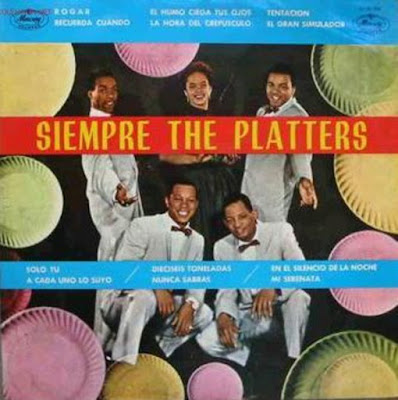Here's pretty much everything I could find on the wonderful Ekvodin.
The Ekvodin is an electric musical instrument invented by Andrey Volodin in 1937. The instrument was unique for its time with its timbre control functionality and the synthesis of the generated sound.
In Soviet magazines and advertisements of those years, they wrote: “Musicians all over the planet have a unique opportunity to breathe new life into their emotional art. Ekvodin is a musical instrument that is perfect for an orchestra, and for an ensemble, and for solo parts with piano accompaniment. The keyboard of this instrument literally sings and is able to fill every home with enchanting melodies. Any modern composer will be pleasantly surprised to find that Ekvodin is capable of producing the widest range of musical timbres of extraordinary clarity and purity of sound. Performers, conductors and teachers will be completely satisfied with the outstanding expressive possibilities. Ekvodin opens up a truly cosmic musical perspective for everyone. Designed and manufactured in the USSR. "
Ekvodin was intended for concert use as a solo instrument with piano accompaniment.
The instrument had six and a half octaves and a wide variety of timbres. which could imitate the sound of almost any instrument of a symphony orchestra. The transition from one timbre to another was carried out using a key switch.
In the Soviet Union, there was an experimental group consisting of five "Equodins", which in its musical capabilities corresponded to an orchestra of 27 ordinary instruments. It was the first analog electronic music synthesizer to feature a pressure-sensitive dynamic keyboard with the ability to play vibrato with your finger on the keyboard like a violin. In addition, there were about 660 presets with excellent imitation of all acoustic musical instruments of a symphony orchestra, including drums, modulation pedal.
In 1958, a monophonic version of Ekvodin was released, which made it possible to create up to 330 different timbre combinations. The instrument possessed such unique effects for its time as sound control using the force of blows on the keys, finger vibrato on the keyboard (aftertouch), and automatic vibrato. In addition to the usual keyboard, it had a neck with a sliding contact, which made it possible to smoothly change the pitch. The instrument was also equipped with two foot pedals (to control the volume and character of the tone) and knee levers to control the attack and decay of the sound.
In 1969, a two-part version of Ekvodin was released, with the ability to independently set the timbre for each voice and layered timbres. Moreover, in each individual voice, you can create up to 126 timbre combinations.
This instrument was presented at the exhibition of electro-musical instruments (EMI) of domestic and foreign production, held within the framework of the Second All-Union Conference on Electromagnetic Instruments in June 1971. Andrey Volodin himself spoke at this conference, with a report "Evolution of EMP technology", which presented a comprehensive analysis of the difficult path that EMPs have traveled, from the moment of their creation to the present. It was at such conferences that he collaborated and discussed the problems of music with other inventors such as Konstantin Kovalsky, Lev Termen, Evgeny Murzin.
Ekvodin has sounded more than once in films ("The Legend of the Siberian Land", "I Walk Through Moscow", etc.), giving the impression of "space" music. In addition to the instrument itself, Ekvodin's working kit also included an acoustic system. The working set weighed about 70 kilograms (the weight of the tool itself is 39 kilograms). Unfortunately, Ekvodin was denied mass production. The Soviet state was not interested in electronic music. A complete stop of funding for the laboratory occurred in the 60s. At that time, only ten instruments were manufactured.







